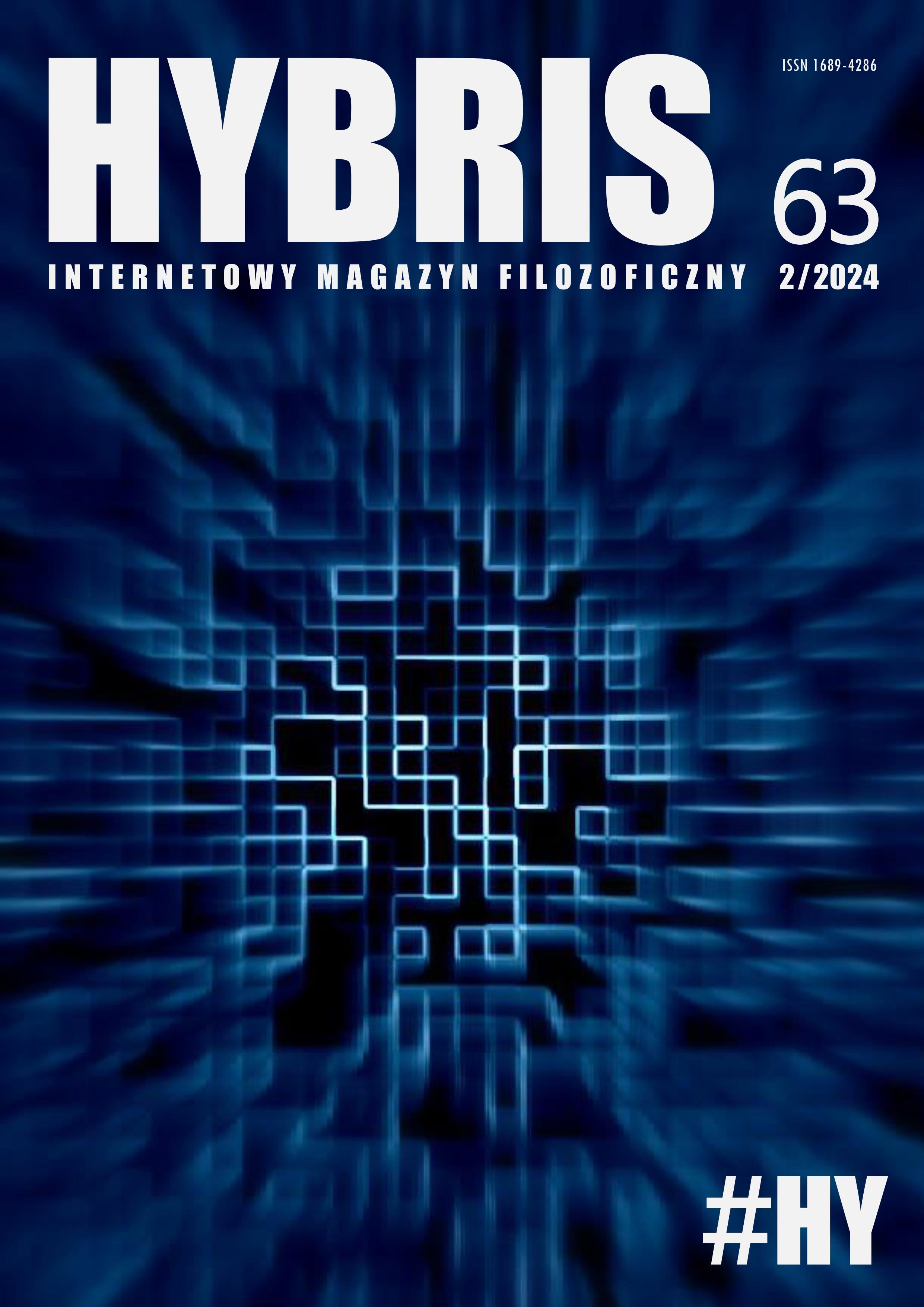IGNACE MEYERSON’S HISTORICAL METHOD
IN PSYCHOLOGY. A LESSON OF PHILOLOGY (IN THE
NIETZSCHEAN SENSE) FOR STUDYING HUMAN DIVERSITY
ACROSS TIME AND CULTURE IN ITS PLURALITY
IGNACE MEYERSON’S HISTORICAL METHOD
IN PSYCHOLOGY. A LESSON OF PHILOLOGY (IN THE
NIETZSCHEAN SENSE) FOR STUDYING HUMAN DIVERSITY
ACROSS TIME AND CULTURE IN ITS PLURALITY
Author(s): Corentin HeusghemSubject(s): History of Psychology, Social psychology and group interaction, Sociology of Culture
Published by: Wydawnictwo Uniwersytetu Łódzkiego
Keywords: history; sociology; culture; psychology; interdisciplinarity; pluridisciplinarity; methodology;
Summary/Abstract: By contrast to the contemporary dominant schools in psychology, Ignace Meyerson’s outlook is situated at the level of culture and brings a historical approach to psychology, thus offering an alternative prism for understanding human psyche. Following Nietzsche’s definition of philology as the art and method of interpreting well, I will show that Meyerson undertakes a philological and critical reading of several sociologists who, while adopting a historical and cultural approach, have left psychology outside of their research. Thus, a confrontation with Durkheim, Le vy- Bruhl and Nietzsche will allow us to underline the specificities of Meyerson’s historical method as well as to highlight his conception of psychology, in opposition to sociology and genealogy. Meyerson concludes that acknowledging both the cultural and historical dimension of psychology and the psychological dimension of culture leads towards interdisciplinarity because all our concepts and notions are culturally and historically situated and should be put into context to be effective and enlightening. Meyerson’s emphasis on the plurality, wealth and diversity of humanmental categories through culture also opens a whole continent of divergent or complementary interpretations that could lead us, if we put the ethnocentric stance to the side, to radically modify our findings, prisms and questions.
Journal: Internetowy Magazyn Filozoficzny HYBRIS
- Issue Year: 2/2024
- Issue No: 63
- Page Range: 1-40
- Page Count: 40
- Language: English

